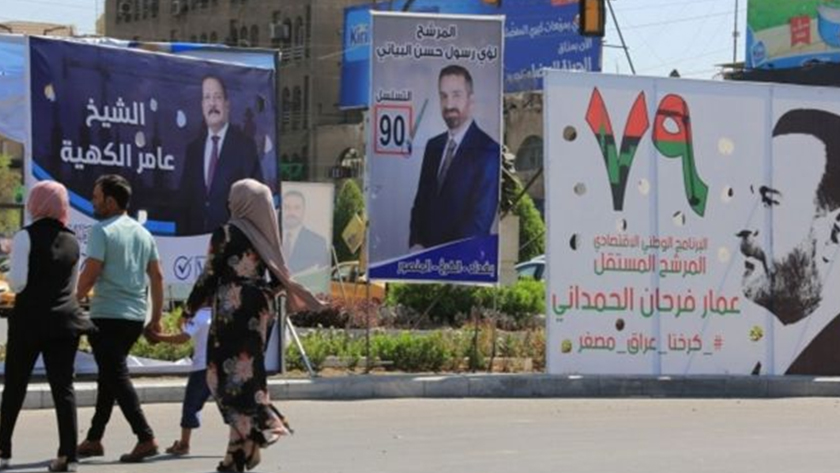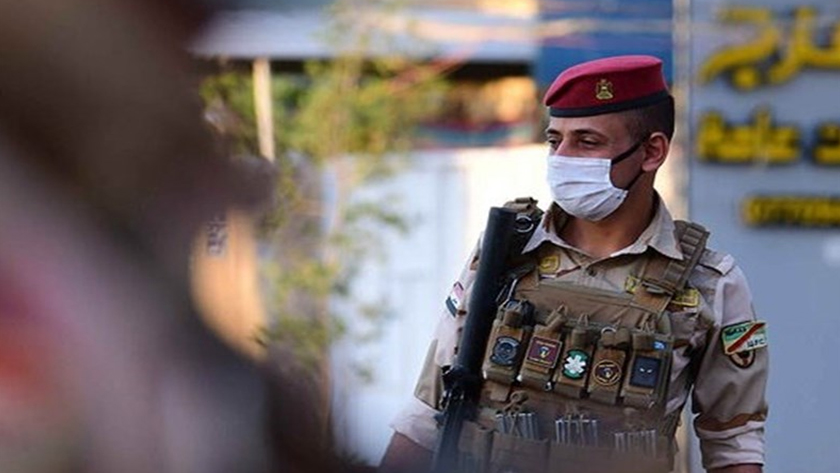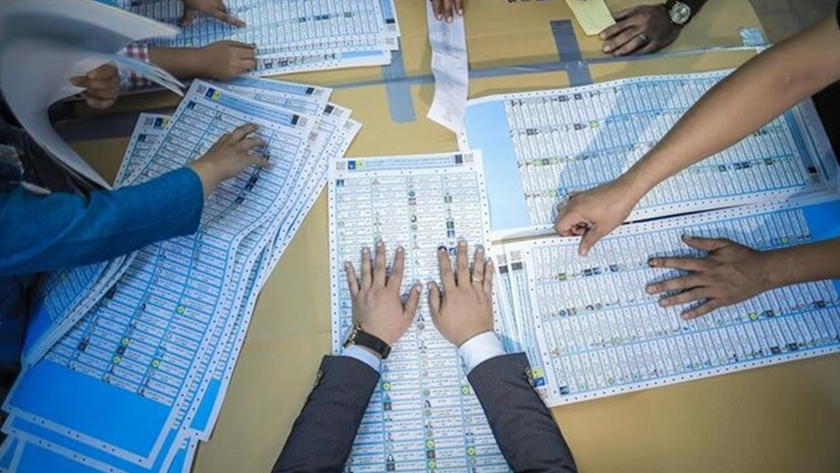Iran Press/ Middle East: The first and most important message is the turnout in the elections, which was the lowest compared to all five elections.
According to the Iraqi Electoral Commission, turnout was about 41 percent. Of the more than 21 million eligible voters, 9, 777,079 went to the polls. This is despite the fact that more than 44% of eligible voters participated in the 2018 elections.
Dissatisfaction with economic situation

The lowest voter turnout was largely due to public dissatisfaction with the economic situation and their frustration with change through the ballot box.
The Iraqi people, who are grappling with significant economic and social challenges, especially unemployment, poverty, and inflation, as well as electricity shortages, protested in October 2019 with anti-government demonstrations that led to the fall of Adil Abdul Mahdi's government and now they are protesting again by not appearing at the polls.
Meanwhile, by boycotting the elections, the Iraqi people have shown no hope of changing the situation in the country, even though the change of political elites, and they believe that the elections will not improve the situation in this country.
High-security conditions, terrorist threats still in place

The second message of the Iraqi elections is the security governing this country. The parliamentary elections were held in high security. Prior to the election, the Iraqi government closed all airports from last Saturday evening until Monday morning, banning travel between provinces as well as restaurants and shopping malls.
More than 250,000 troops were also tasked with securing the elections. These decisions led to the holding of elections in a safe environment, while there are still terrorist threats in Iraq. Also, holding elections in a safe environment with the least security problems shows that the Iraqi environment has changed compared to the past and the future government is less concerned about military security, but it must take seriously the social security concerns caused by the dissatisfaction of the people.
Result of Iraqi Parliamentary Elections

The third message of the Iraqi parliamentary elections is within the results. According to preliminary results, it was announced that Sairun (The Alliance Towards Reforms) and Al-Fatah, the two lists that won the most seats in 2018, faced with reduction of their seats in this election.
Although according to preliminary and unofficial results, Muqtada al-Sadr's Sairun coalition will continue to hold the most seats in Iraqi Parliament, with about 94% of the vote, Sairun's seats have so far been 41, while in 2018 he managed to win 54 seats.
Analysts believe that the Sairun Coalition would not have won the most seats if the turnout had been more than 50 percent. In other words, the low turn-out was in favor of the Sadr Movement.
No political current can form a larger faction
Another point that the results of the parliamentary elections show is that no political current can form a larger faction. At the same time, forming a larger faction will be difficult given the unofficial results announced, as the major factions failed to win significant seats and several groups have to form a coalition to form a larger faction. Therefore, it can be expected that the process of nominating a new Prime Minister will not take place shortly after the formation of a new parliament.
224
Read More:
Seven points about Iraqi Parliamentary Elections
Iraq holds voting in general election
Iran supports Iraqi snap elections
Maryam Abolbagha

